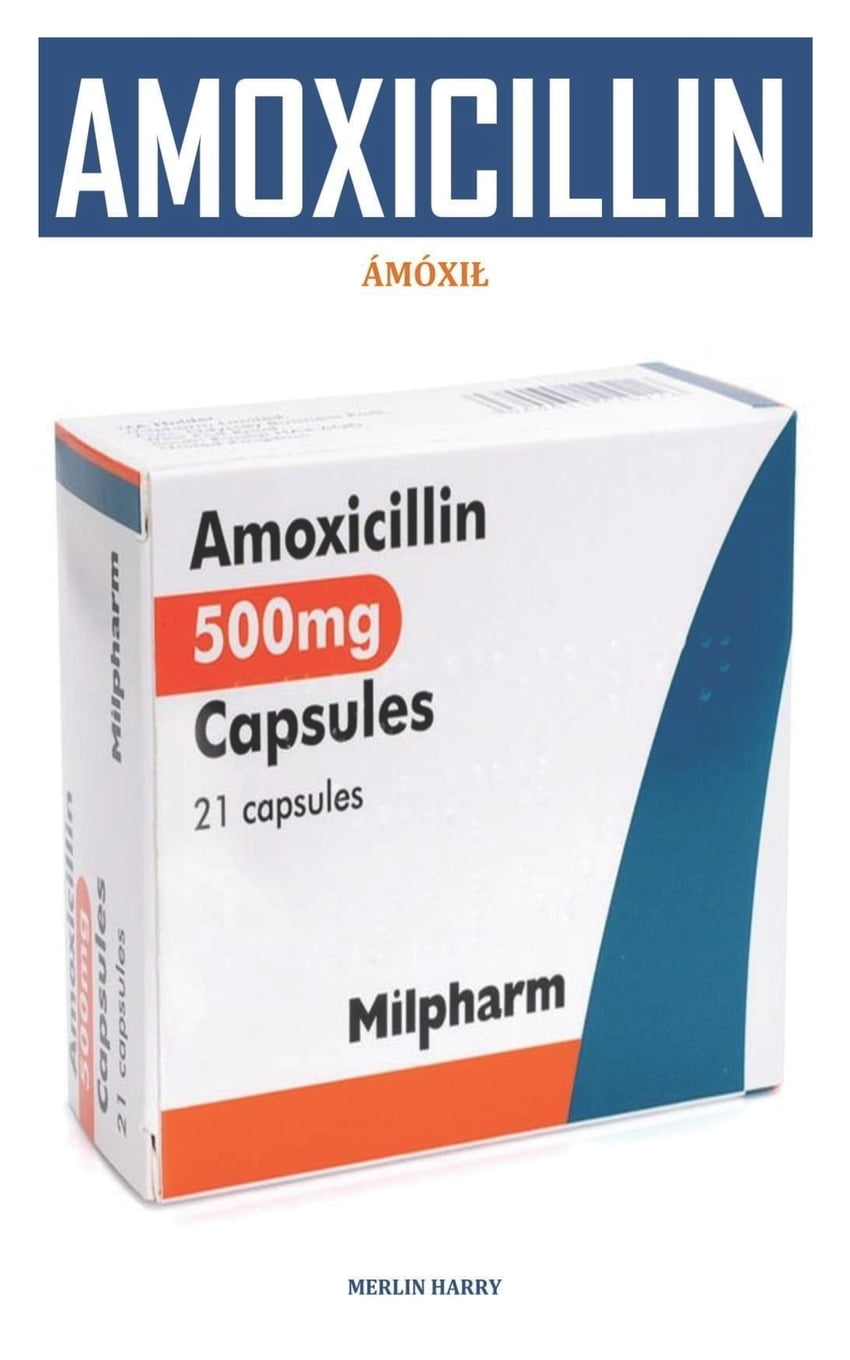
“We have been working for some years now on trying to identify drugs that can help regenerate the heart, which is the primary interest of my lab,” Sadek said.

The team at UT Southwestern began to search for a COVID-19 treatment in March. “There’s over a dozen vaccines in the pipeline and I think it’s important that there also be many different drug paths in the pipeline, in the event that one of them emerges as a promising candidate,” Schoggins said. “We have no idea if this is going to work, we should just say this up front,” Sadek said. Hesham Sadek and Virologist John Schoggins said efforts were underway to begin human trials in a few weeks to confirm if the drug combats the virus in humans with COVID-19. Studies suggest significant efficacy in preventing COVID-19 and reducing disease severity. UT Southwestern Cardiologist and Researcher Dr. By March 2021, more than half of the adult (>16 years) population in Israel had been vaccinated with at least one dose of the BNT162b2 mRNA coronavirus disease 2019 (COVID-19) vaccine (BioNTech and Pfizer). immune thrombotic thrombocytopenia, autoimmune liver diseases, Guillain-Barré syndrome, IgA nephropathy, rheumatoid arthritis and systemic lupus erythematosus). While the results posted online are promising, they have not yet been checked for errors. Recently, new-onset autoimmune phenomena after COVID-19 vaccination have been reported increasingly (e.g.


Caring for infants and mothers with COVID-19: IPC and breastfeeding 14. Caring for pregnant women with COVID-19 13. Adjunctive therapies for COVID-19: corticosteroids 12. But for millions of people who contracted the virus even. Management of critical illness and COVID-19: septic shock 11. University of Texas Southwestern Medical Center scientists say they have identified a possible treatment for COVID-19, and it may soon be tested on North Texas - as first reported by The Dallas Morning News.Ītovaquone, a drug best known for its use treating pneumonia in HIV patients, prevents SARS-CoV-2, the virus that causes COVID-19, from replicating in cells. Vaccines, variants, natural immunity and better treatment options mean catching Covid-19 now isnt the same as it was a year or two ago.


 0 kommentar(er)
0 kommentar(er)
